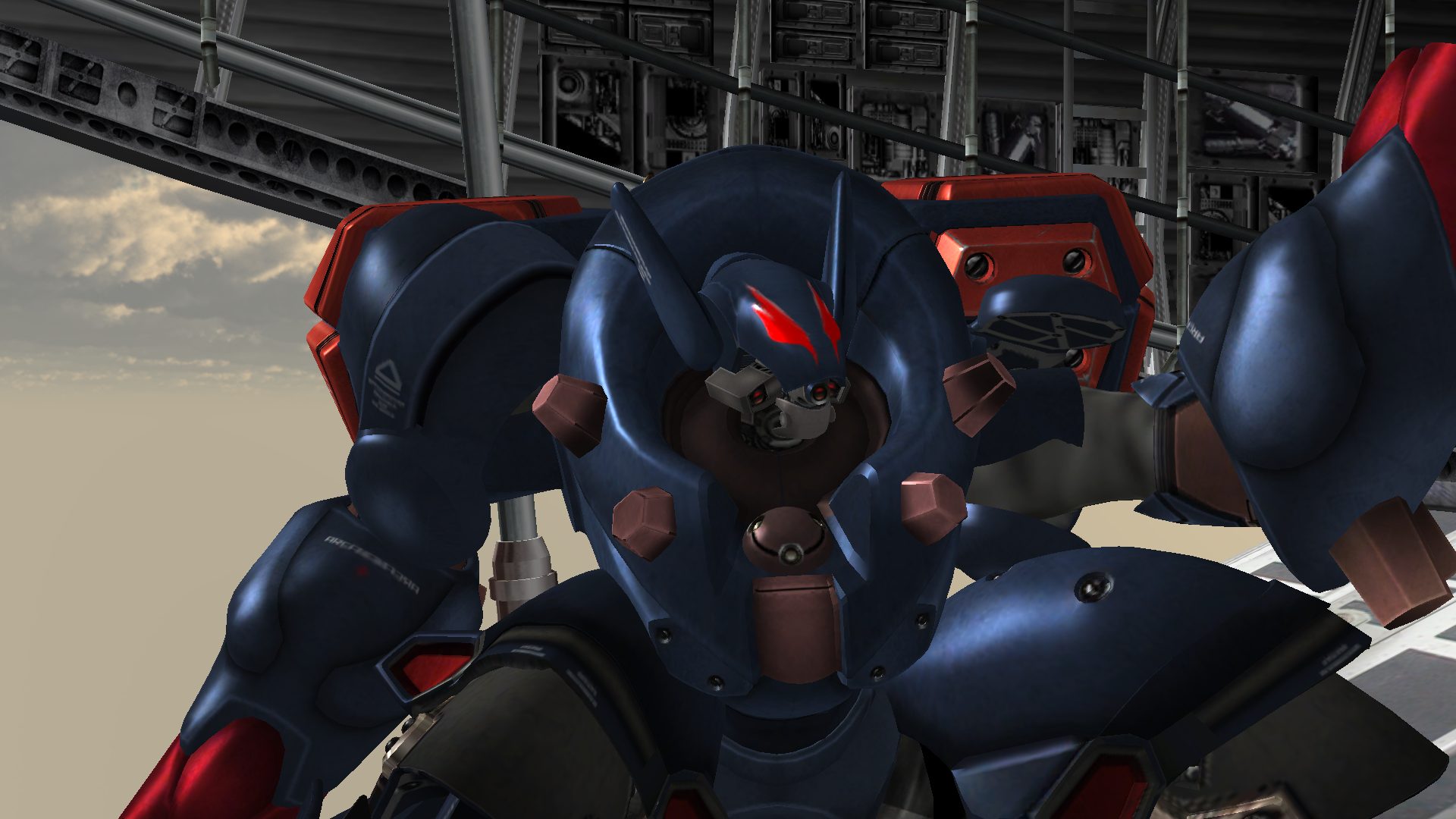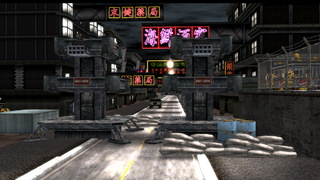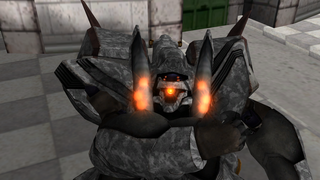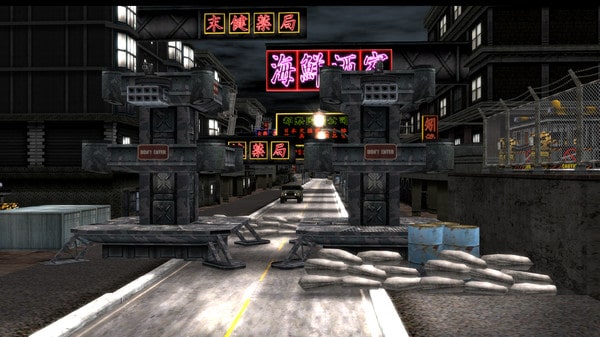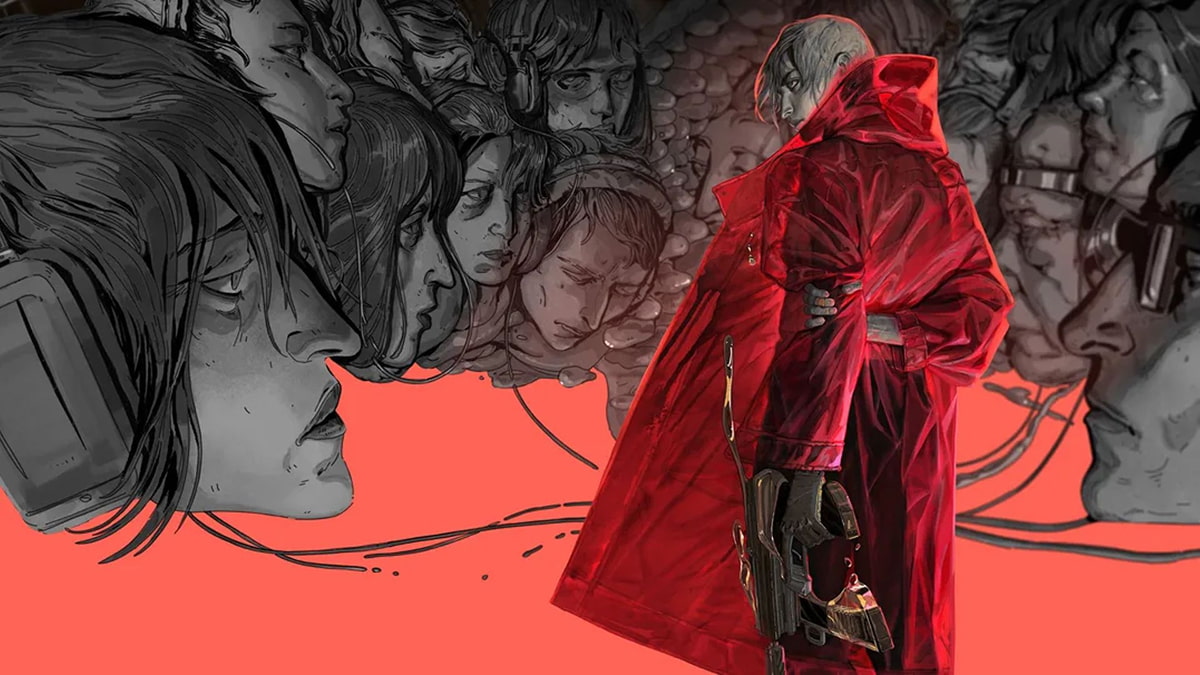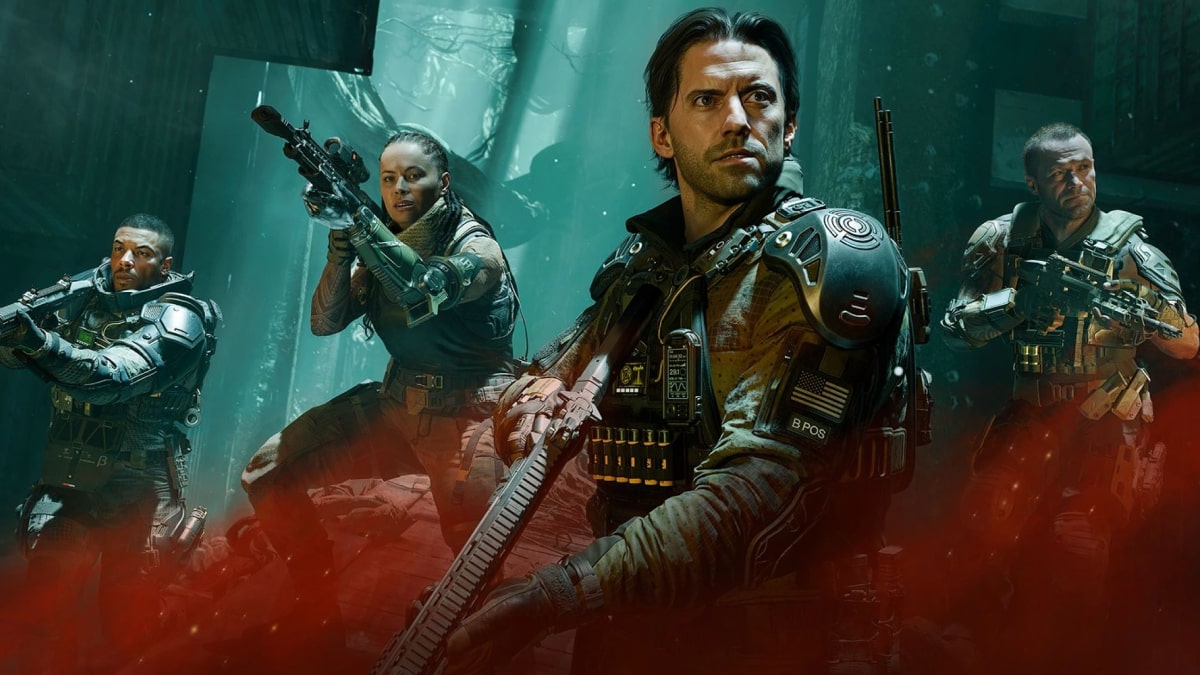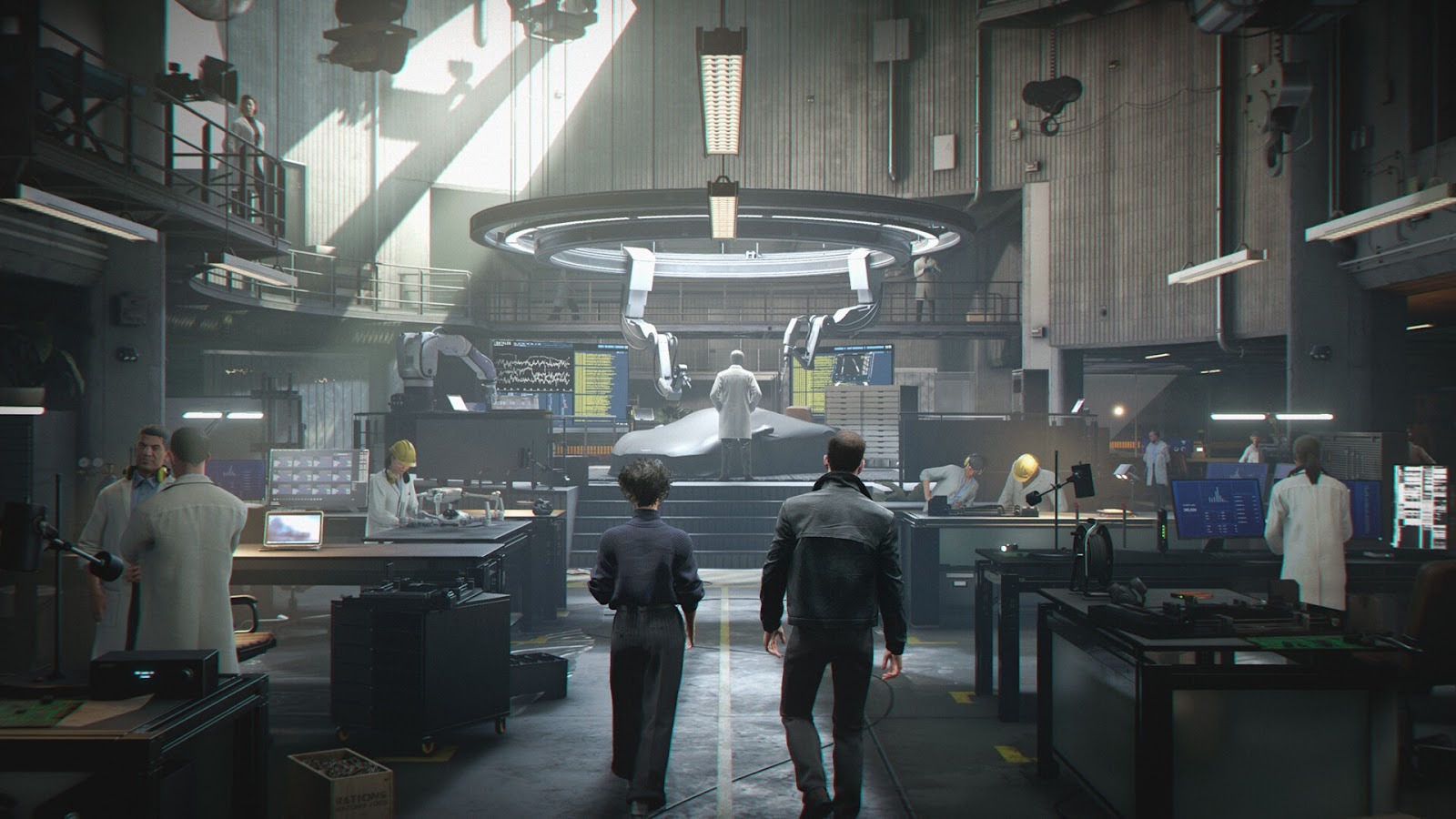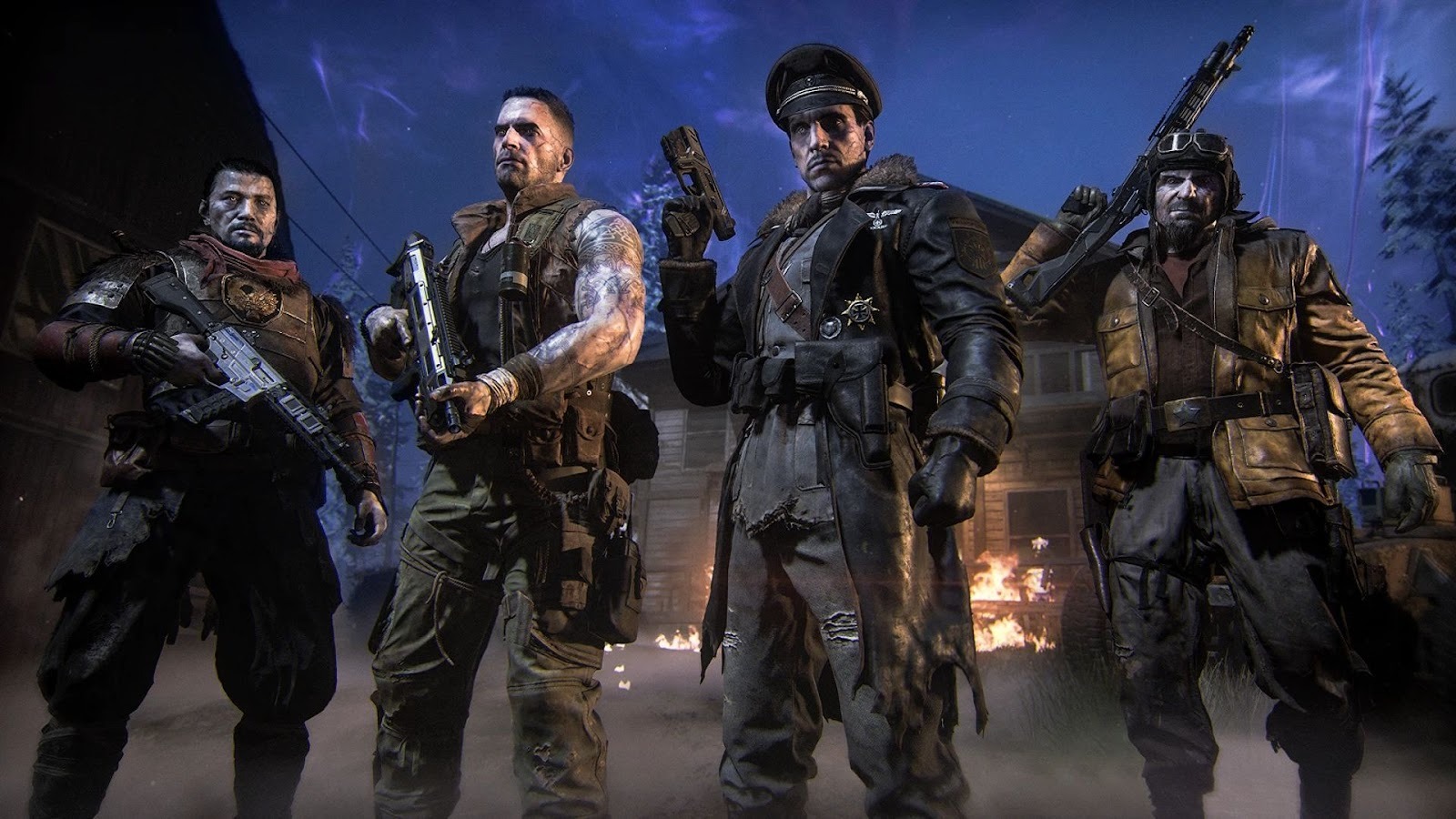You can trust VideoGamer. Our team of gaming experts spend hours testing and reviewing the latest games, to ensure you're reading the most comprehensive guide possible. Rest assured, all imagery and advice is unique and original. Check out how we test and review games here
In Metal Wolf Chaos XD, you play as the president of the United States. Well, you play as the president of the United States after he’s strapped himself into an enormous robot – a cocoon of armour that teems with weapons and takes to the air with a flare of its nozzles. In the opening minutes, President Wilson bursts through the bricks of the Oval Office and hurtles down onto the South Lawn screaming, ‘Let’s PARRRTTTYYY!!!’ Still, it could be worse: he could have tweeted it. Despite their splashy mania, these early moments are not what is most interesting about Metal Wolf Chaos XD. Nor is it that the game was developed by FromSoftware, a studio renowned for its restraint. The most interesting thing about it is its availability, for which we have Devolver Digital to thank.
Metal Wolf Chaos first came out in 2004 and was only obtainable in Japan, where the Xbox was floundering. FromSoftware partnered with Microsoft to release an exclusive game to help boost the console’s sales. It has been island-bound ever since, with YouTube videos coaxing and churning the hot bluster of hype into a storm. Now, like Godzilla, it has made its way to our shores. Metal Wolf Chaos XD is, as the press material describes it, ‘more of an updated re-release than a traditional remaster or remake.’ This means, courtesy of developer General Arcade, that it has been tenderly buffed and tweaked – its textures upscaled, user interface redrawn, and some of its audio remastered – with a view to preserving ‘eccentricities like the grandiose voice over, localization quirks, and arcade gameplay.’
So, after all these years, how does Metal Wolf Chaos fare? Can we bear its atomic breath? Well, one thing is for sure: those eccentricities have been shaped by time. What could once be interpreted as a smiling parody of American patriotism has now soured into satire. None of which, I think, has anything to do with FromSoftware, whose efforts to celebrate working with an American giant like Microsoft resulted in the supersized jingoism that barrels through each mission of the campaign. Unlike Metal Gear Solid (whose name, another trident of random words rhythmically arranged, was used as a model), Metal Wolf Chaos didn’t plug itself into the power sockets of politics and history. Instead, it took as holy writ the divine nonsense of the Saturday morning cartoon. It is too buoyed by the spirit of silliness to go against the grain.
But in 2004, with the Iraq War in full flame and September 11 still freshly scarred on the American memory, some of the sights in Metal Wolf Chaos may have been bitter to the taste. (Indeed, as producer Masanori Takeuchi has recently said, the attacks on the World Trade Center drove the decision not to publish in the US.) Maybe back then the mission set in New York, filled with fire and crunching rubble, would have conjured a darkness way beyond anything Metal Wolf Chaos is capable of. And what about now? As the years have burned away, they have caked the game with a fresh dust of topicality. It arrives in an America ruled by a president who himself looks not unlike an explosion – albeit one that’s been combed and crammed into a suit. But is it christened or cursed by the chaos of our time?
The answer is: both. On the one hand, Devolver Digital has carefully plucked and repackaged a curio from the past that is ripe for resurgence. And it might be the only way to satirise our time, in which each mounting headline that flies out the White House – any one of which, you feel, could have crippled any prior presidency (I find myself thinking more and more, these days, of Howard Dean, whose candidacy was sunk by a scream the same year Metal Wolf Chaos came out) – is swallowed before breakfast and tamped down before the day begins. How better to skewer such draining days than the dialogue in Metal Wolf Chaos? A slow drip of dumbness in which the absurdity of lines like ‘I’m heading out to save America!’ are beaten into banality by others like ‘SUCK ON MY MISSILE PUNCH!!’
Therein lies the problem. I found I could only take small doses of Metal Wolf Chaos, just as, increasingly, I can only take small doses of the news. The game’s tone quickly lost the zest of its early lunacy and became its own sort of boring. (I felt the same way when I went to a screening of The Room – having watched and laughed in wonderment for ten minutes, I then found myself in the uncomfortable position of being in a screening of The Room for another hour and a half.) The trouble with things that are ‘so bad that they are good’ is sustainability; their badness has to keep twiddling the dials and finding new frequencies to appall and astonish us afresh. In short, how many missile punches can we suck on before they lose their flavour?
For the FromSoftware obsessives – a group I count myself helplessly a member of – the answer is doubtless ‘however many are thrown at us,’ and I must admit to feeling a shiver of excitement at the prospect of playing an obscure 15-year-old game from a studio I love. But, of course, this is not the Dark Souls of mech combat games. (If you’re after that, try the Armored Core games, three of which were worked on by Hidetaka Miyazaki.) In fact, Metal Wolf Chaos veers closer to the arcade; the movement of your mech is glossed with a framerate that has the jitters, but it somehow makes a style of its own out of that – a scruffy, crackly coherency that feels oddly fitting. The mech itself is charming: it walks with an avian skittishness, and its weapons fan outwards like the plumage of a peacock.
But you only need ten minutes to take it all in. The campaign is clamped firmly to 2004, each mission a breezy firing range littered with soldiers to blast and buildings to raze – all loosely and limply draped with a combo counter. It’s no wonder that what has stuck with me after playing isn’t the game but the idea of the game, the way it’s been shrouded in a 15-year fog of mystery, and the two versions of America that have hungered for it. It’s the only example in games I can think of in which the act of publishing seems to be a wry commentary. And whilst I can only commend Devolver Digital for marketing a game with the tagline ‘Mech America Great Again,’ I can’t help but wonder if that isn’t the height of the humour on offer.
